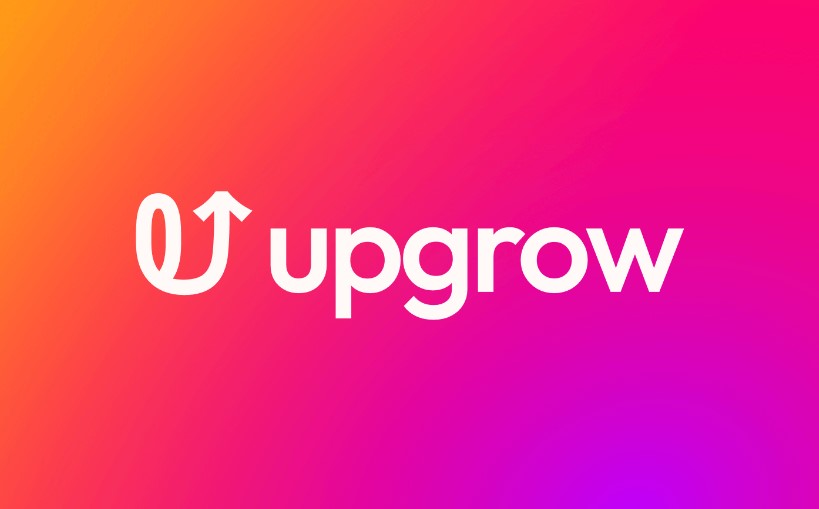AI in Digital Marketing has revolutionized numerous businesses, and computerized showcasing is no exception. From automated customer service to personalized content, AI is transforming how businesses engage with their audience. Explores the various ways AI is integrated into digital marketing, its benefits, and how companies can leverage it to stay ahead in a competitive landscape.
What is AI in Digital Marketing?
AI in Digital Marketing refers to the use of artificial intelligence technologies to automate and enhance marketing processes. This includes data analysis, machine learning, natural language processing, and predictive analytics. These technologies enable marketers to understand consumer behavior, predict trends, and create personalized experiences for customers.
The Evolution of AI in Marketing
The journey of AI in Digital Marketing began with basic automation and data analytics. Over time, it has evolved into sophisticated tools capable of predictive modeling, natural language generation, and sentiment analysis. Today, AI-powered platforms can analyze vast amounts of data to provide insights that were previously unimaginable.
Benefits of AI in Digital Marketing
1. Enhanced Customer Insights
AI allows marketers to gain deeper insights into customer behavior and preferences. By analyzing data from various sources, AI can identify patterns and trends that help businesses tailor their strategies to meet customer needs more effectively.
2. Personalized Experiences
One of the most critical preferences of AI is its capacity to provide personalized encounters. AI algorithms can analyze user data to create targeted content, recommendations, and advertisements, ensuring each customer receives a unique and relevant experience.
3. Improved Efficiency
AI automates repetitive errands such as mail showcasing, social media posting, and client service. This saves time and ensures consistency and accuracy, allowing marketers to focus on more strategic activities.
4. Predictive Analytics
Predictive analytics powered by AI helps businesses forecast future trends and behaviors. This allows marketers to form data-driven choices and optimize their campaigns for way better results.
5. Cost Reduction
By automating various marketing processes, AI reduces the need for manual labor, which can significantly lower operational costs. Additionally, AI-driven campaigns often yield higher ROI due to their precision and effectiveness.
AI-Powered Tools in Digital Marketing
1. Chatbots
AI chatbots have become a staple in customer service. They can handle multiple requests at the same time, give moment reactions, and work 24/7. Chatbots use natural language processing to understand and respond to customer queries, improving the overall customer experience.
2. Content Creation
AI tools can help in substance creation by producing articles, social media posts, and indeed video scripts. These tools analyze existing content and create new pieces that match the style and tone, ensuring consistency across all platforms.
3. Email Marketing
AI-powered email marketing platforms can segment audiences, personalize content, and optimize send times to increase open rates and engagement. By analyzing user behavior, these platforms can craft emails that are more likely to resonate with the recipients.
4. Social Media Management
AI tools for social media management can schedule posts, analyze engagement metrics, and even suggest the best times to post. They can also identify trending topics and hashtags, helping brands stay relevant in real time.
5. SEO Optimization
AI-driven SEO tools analyze search engine algorithms and user behavior to recommend the best strategies for improving search rankings. They can identify keywords, optimize content, and track performance to ensure that websites remain competitive.
Real-World Examples of AI in Digital Marketing
1. Netflix
Netflix uses AI to recommend appears and motion pictures to its clients. By analyzing viewing habits and preferences, the platform can suggest content each user will likely enjoy, increasing user engagement and retention.
2. Amazon
Amazon leverages AI to provide personalized shopping experiences. From product recommendations to dynamic pricing, AI helps Amazon understand and cater to the needs of its customers.
3. Coca-Cola
Coca-Cola uses AI to analyze social media and customer feedback. This helps the company understand consumer sentiment and preferences, allowing them to tailor their marketing strategies accordingly.
How to Implement AI in Your Digital Marketing Strategy
1. Identify Your Goals
Before implementing AI, it’s crucial to identify your marketing goals. Whether it’s improving customer engagement, increasing sales, or enhancing brand awareness, having clear objectives will guide your AI strategy.
2. Choose the Right Tools
There are numerous AI tools available, each designed for specific marketing tasks. Research and select the tools that best align with your goals and integrate seamlessly with your existing systems.
3. Gather and Analyze Data
AI thrives on data. Collect information from different sources such as site analytics, social media, and client criticism. Use AI-powered analytics tools to gain insights and make informed decisions.
4. Start Small
Implement AI gradually. Start with one or two tools and gradually expand as you become more comfortable and see positive results. This approach minimizes risks and allows for adjustments along the way.
Challenges of AI in Digital Marketing
1. Data Privacy Concerns
The use of AI in Digital Marketing raises concerns approximately information protection. Businesses must ensure that they comply with regulations and protect customer data to maintain trust.
2. Integration with Existing Systems
Integrating AI tools with existing frameworks can be challenging. It requires technical expertise and a clear understanding of how AI can complement and enhance current processes.
3. Cost of Implementation
While AI can reduce operational costs in the long run, the initial investment can be significant. Businesses need to weigh the potential benefits against the costs and plan their budgets accordingly.
4. Keeping Up with AI Advancements
AI technology is constantly evolving. Staying updated with the latest advancements and incorporating them into your strategy can be daunting but is essential for maintaining a competitive edge.
Conclusion
AI in Digital Marketing offers numerous benefits, from enhanced customer insights to improved efficiency and cost reduction. By leveraging AI-powered tools, businesses can create personalized experiences, predict trends, and optimize their campaigns for better results. While there are challenges to overcome, the potential rewards make AI an invaluable asset in the digital marketing landscape. Embrace AI, and unlock new possibilities for your marketing strategy.










